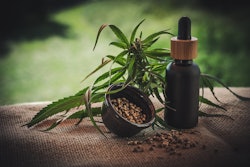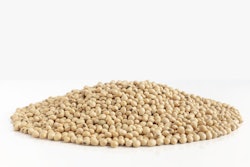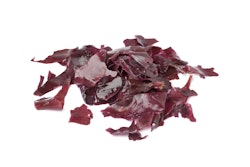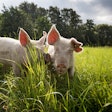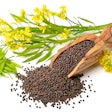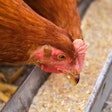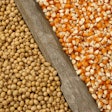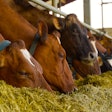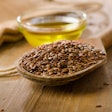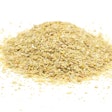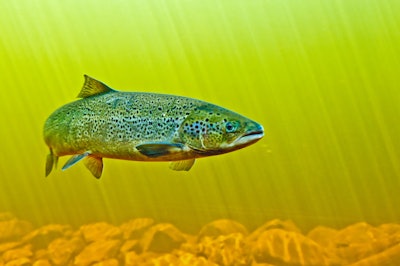
Calysta’s FeedKind protein has received formal approval for use in aquaculture feeds in China as the company’s joint venture with Adisseo, Calysseo, prepares to deliver first product to customers through Adisseo’s sales network in China.
The country’s Ministry of Agriculture and Rural Affairs (MARA) has formally given Calysta’s single-cell protein full approval for use in fish and shrimp feeds after an extensive evaluation process.
It means that protein produced by Calysseo – Calysta and Adisseo’s joint venture to produce FeedKind for the Asian aquaculture market – can now be sold and used in Chinese aquaculture feeds.
Calysseo’s first production plant is in Chongqing, already producing sustainable FeedKind protein for the aquaculture industry, giving producers access to an alternative to plant or animal sources for aquafeed diets. The protein is produced by harnessing the power of a naturally occurring microbe that converts methane into a healthy, nutritious feed ingredient, FeedKind.
“This is an important step forward not just in helping make food production systems more sustainable, but in improving global food security, by providing feed producers with a domestically produced, reliable feed ingredient that isn’t susceptible to weather or climate-driven fluctuations in supply,” said Sun Bin, Calysseo’s chairman.
FeedKind is a natural, sustainable and traceable feed ingredient produced by fermentation for aquaculture feeds and pet foods producing using no plant or animal ingredients. FeedKind has been validated via extensive trials across popular aquaculture species, including shrimp, seabass and salmon.
Research previously demonstrated distinct benefits for shrimp, concluding that FeedKind promotes strong, healthy growth, while also helping activate shrimp’s immune response to Vibrio, the causative agent of early mortality syndrome.
“This is a significant step forward for the adoption and use of fermented proteins across global food systems,” said Herman Hong, Adisseo aquaculture manager for China. “MARA approval is more than simply a regulatory step; it is validation that our product is a healthy and practical ingredient for use in aquaculture systems and opens the door for the Chinese aquaculture sector to set new standards in sustainable feed practices.”


